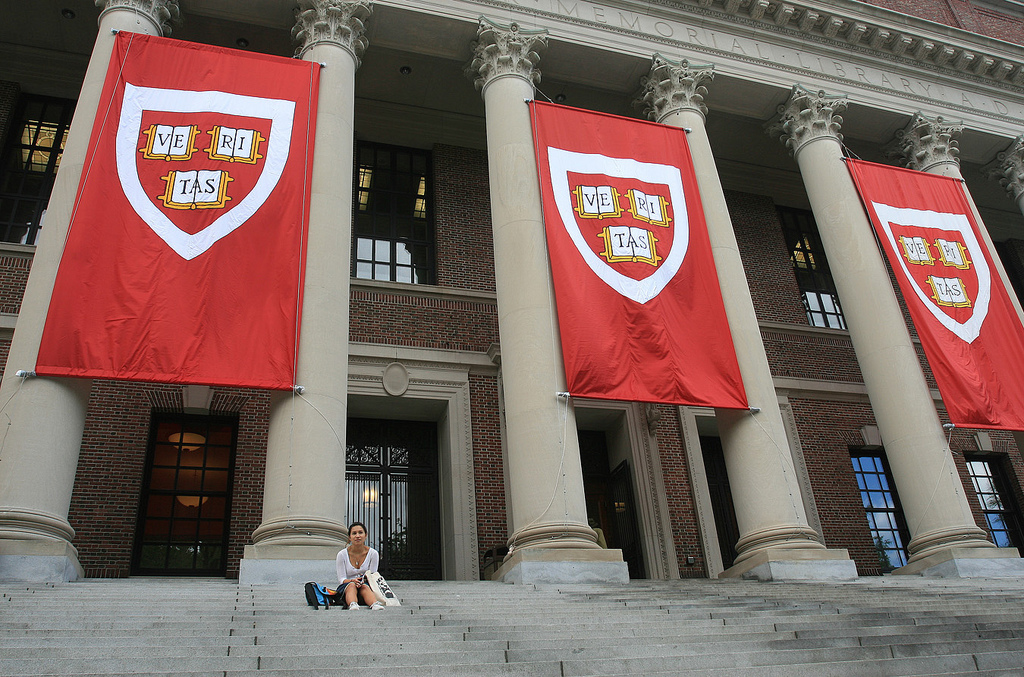
Faculty at Harvard disagree with how the school invests endowment money in fossil fuels. (Carol Mitchell/Flickr cc)
More than a hundred faculty members at Harvard are calling on the university to divest from fossil fuels. The professors want Harvard to better align its investment and intellectual values.
In an open letter, the professors said they know that fossil fuels cause climate change and carry unprecedented destructive potential.
Jim Anderson teaches about global energy and climate. He signed the letter because, he says, a crucial part of higher education's responsibility is to look forward in time, and to interpret scientific developments.
"The development of fossil fuels is something that is not sustainable within the climate structure," said Anderson. "And the impact of that climate change will affect people in very, very different ways and it affects people who have no way of controlling this, even though it's very important for their future."
The open letter was published online Thursday:
Divestment is an act of ethical responsibility, a protest against current practices that cannot be altered as quickly or effectively by other means. The University either invests in fossil fuel corporations, or it divests. If the Corporation regards divestment as “political,” then its continued investment is a similarly political act, one that finances present corporate activities and calculates profit from them.
Faculty who signed the letter would like Harvard President Drew Faust to show stronger leadership by divesting in oil and coal companies, similar to what her predecessors did with apartheid and the tobacco industry.
Faust recently pledged Harvard's commitment to both climate and energy issues, and now managers of its endowment will take environmental factors into account. The university hasn't committed to divesting yet.
For now, Harvard says Faust is focusing on the university’s research and education programs that might help the transition to renewable energy.
Here is Harvard's statement.
President Faust recognizes that how best to respond to the threat of climate change is a question on which thoughtful people hold differing views. As she has written to the Harvard community, her focus is on how the University’s research and education programs can accelerate the transition to renewable sources of energy, how our institutional practices can best model a commitment to sustainability, and how our investments can take appropriate account of environmental, social, and governance factors in ways that advance the endowment’s paramount aim of supporting Harvard’s academic mission.










